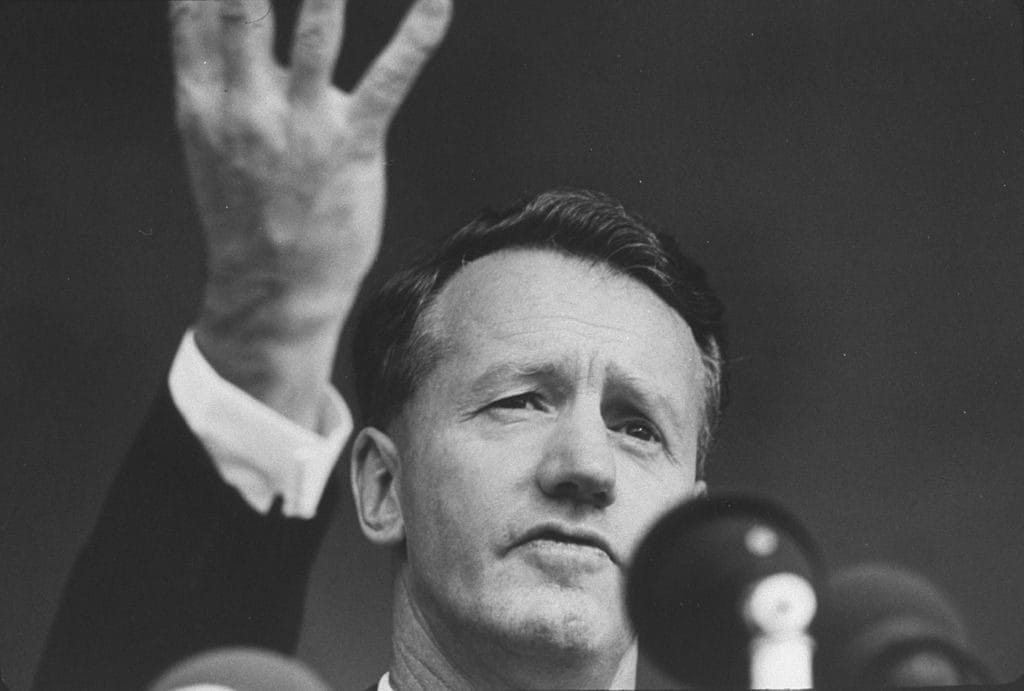President Julius Nyerere was in a candid mood when he spoke about the current situation in Rhodesia. He stated that the American diplomat, Henry Kissinger, had been to see him while he was in South Africa to mediate between the white minority rulers and the black population who are fighting for equality and independence.
President Nyerere told Mr Kissinger that he would not support any negotiations that did not lead to majority rule, and he advised Mr Kissinger to tell this to the Rhodesian government. President Nyerere also said that he had warned Mr Kissinger about the dangerous situation that was developing in Rhodesia, and he urged the American government to act before it was too late. When asked what he thought would happen if the current violence continued, President Nyerere said that he feared that there would be a bloodbath and that the result would be a black government ruling over a white population who were resentful and unhappy. President Nyerere concluded by saying that it was up to the American government to prevent this from happening.
Julius Kambarage Nyerere
Julius Kambarage Nyerere was born on April 13, 1922, in Tanganyika, which was then a British colony. He attended Makerere University in Uganda before returning to Tanganyika to teach. In 1954, he helped to form the Tanganyika African National Union (TANU), which became the country’s leading political party. When Tanganyika gained independence from Britain in 1961, Nyerere became its first prime minister. The following year he was elected president. As president, Nyerere implemented several socialist policies, including nationalizing key industries and collectivizing agriculture. These policies proved largely unsuccessful, and by the early 1980s, the country was in economic decline. In 1985, Nyerere stepped down as president, although he remained active in politics until he died in 1999.
Thames Television’s This Week
This Week was a ground-breaking current affairs program produced by Thames Television in the UK. Running from 1968 to 1992, it was renowned for its comprehensive coverage of international issues and its in-depth interviews with leading figures from politics, business, and academia. The show was also notable for its use of cutting-edge technology, which allowed it to produce innovative visual effects and graphics. Although it is no longer on the air, This Week remains an important part of British television history, and its legacy can be seen in modern programs like BBC Newsnight.








